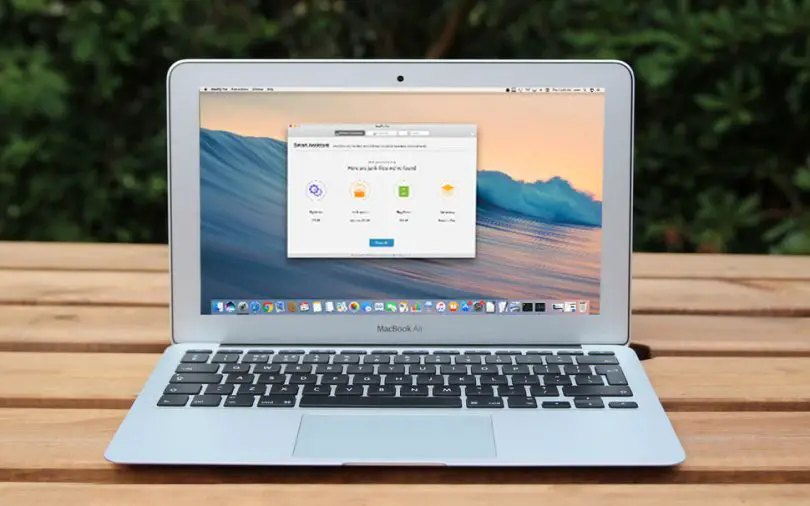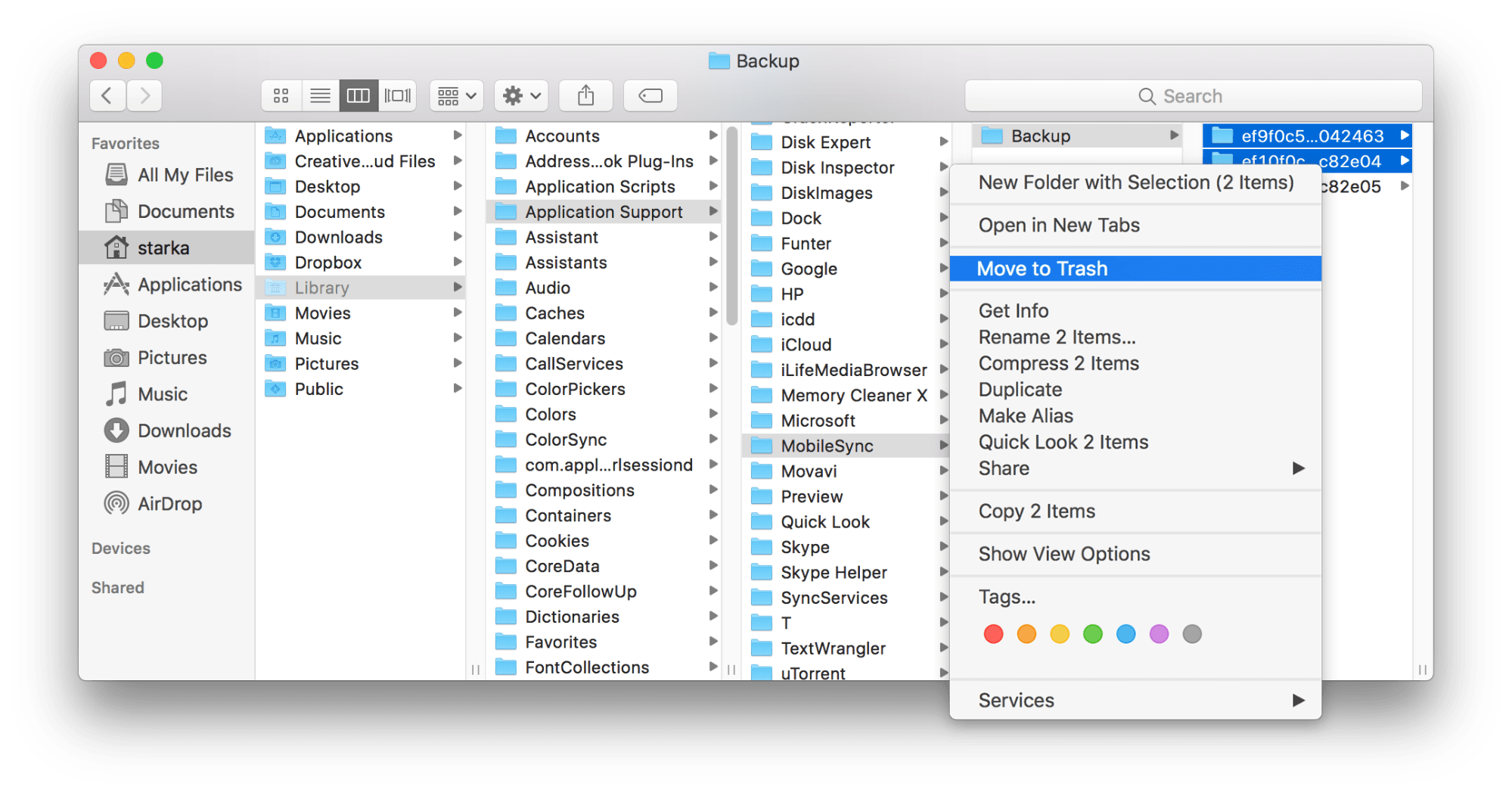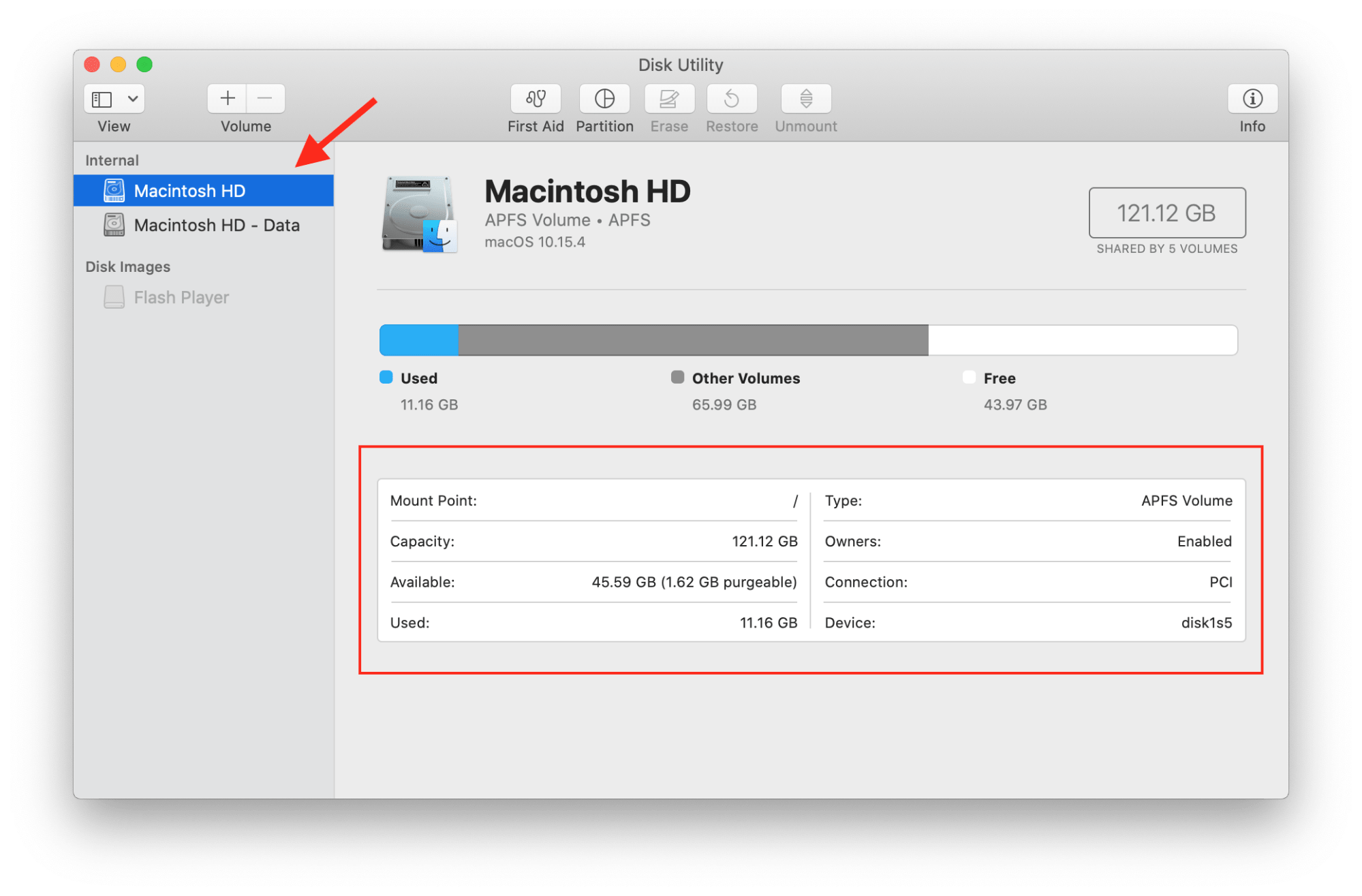

For example, you can freely delete old backups you don’t need that fall under this category. However, some files under system data are unimportant and expendable. You might potentially damage your system if you erase the incorrect file or folder. There are files inside that are crucial to running macOS. This is because some of the files under system data are important while others aren’t. Now, one very important question remains if you want to clear storage space: can I delete system data on Mac? What is system data on Mac computer’s importance and can I freely tamper with them? The answer is a little complicated. Moreover, older backups will also tend to fall under this category. If you download a lot of plugins or extensions, all of the files associated with those should be contained there. With that said, what macOS stores under system data will depend on how you’ve been using your computer so far. Some of these files also help you easily access your account and other important information and settings.

It refers to these files to access your app preferences, allowing you to keep certain app settings running. Why is my Mac system data so high? How much system data is normal on Mac? Moreover, what is system data storage on Mac supposed to do for you?įirstly, you must know that macOS uses this category to store various files it needs to run your computer. However, you might find that your Mac system data is 100GB (or any high number) and feel shocked. Now you know how to check your Mac’s system data.

What Does System Data Do? Photo by Robots That’s why macOS lumps them all together as system data – files that help your system run smoothly. For example, you can find temporary files, app plugins or extensions, cache files, disk archives, and backups inside system data.Īs you can see, these files don’t exactly neatly fit into the other categories like Photos or Apps. Now, what is system data on Mac? Simply put, it refers to the category that houses all the miscellaneous files on your device.


 0 kommentar(er)
0 kommentar(er)
